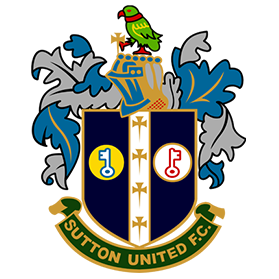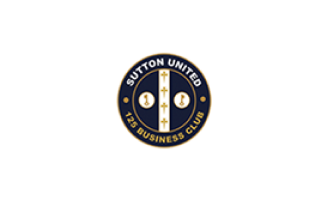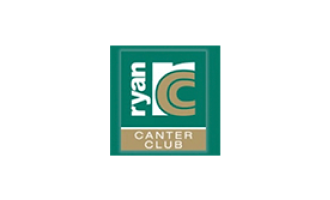We thought it might be helpful to outline how the procedures work in relation to cases of Covid, actual or suspected, for all clubs in the National League.
Every club is required to appoint a Covid Officer and a Covid Medical Officer (a qualified doctor). Although we did this, we have also put a strong support network in place around these appointments comprising: three Deputy Covid Officers, a Club Doctor and a Health & Safety Adviser, and of course we can also call on the services of our Ground Safety Officer (who did most of the work in calculating our safe capacity under the Covid protocols).
It should be borne in mind that the measures put in place by clubs and the league serve two purposes:- 1/. To protect everybody involved at every club (players, staff, supporters etc) and to help prevent the spread of the disease 2/. To minimise disruption to the fixture list.
To help with the ease of understanding how the protocols work, let’s put everyone into two groups.
A) The football group comprises players, staff, medical team etc
B) The support group comprises club officers, volunteers or anyone who may come into close contact with the football group.
In the event of an actual or potential Covid case, the league protocols are very clear.
1/. If anyone in either of the above groups tests positive for Covid, or becomes symptomatic, they must immediately inform the club and also self-isolate.
2/. The club must immediately inform the league
3/. A discussion is held between the Club Covid Medical Officer and the League Medical Officer, and they agree what happens next. They cannot be overruled.
If the person has had a positive Covid test then the response is decided by when they had meaningful contact with anyone in the football group. If this was during the incubation period for the disease then the next game will almost certainly be called off, unless it is possible to undertake tests and get back enough negative results to field a team. How many games might be called off is subject to individual circumstances that look at timescales, numbers of infected persons and opportunities for contact/spreading the disease.
If the person has become symptomatic, it is slightly more complicated. They must get a test as soon as possible and they and any people they have had contact with must self-isolate. If the result is negative, we all rest easy until the next time. If the result is positive then the approach described above kicks-in.
It becomes less straightforward when there is a match scheduled between notification and the receipt of the test result. The decision is based on the assumption that the result will be positive. Whether the game can go ahead then depends whether the person is part of the football group (game off), or the support group (when were they last in contact with anyone in the football group, either directly or indirectly through another person ?).
We have had several incidents in the earlier weeks of the season where, for one reason or another in line with these protocols, it was considered safe to proceed with matches.
Last weekend we had two potential cases of Covid reported. The first did not involve anyone at the club directly but rather the partner of a member of the support group, who in turn had not been with any of the football group for three days. As the partner was symptomatic rather than having tested positive, the risks were assessed as low and so it was agreed to continue with the game. This person’s result came back negative.
Then, on Saturday morning, a member of the football group reported a high temperature and flu-like symptoms. This person had been amongst all other members of this group during training on the Friday and it would clearly not have been possible for them to have a test and get the results in the time available. After discussions with the League’s Medical Officer it was decided that, because a high temperature is one of the main symptoms of Covid, the risks of this person being infected and having potentially transmitted it to others in the group meant that the prudent course of action was for everyone in the group to immediately self-isolate which, of course, meant postponing that day’s match at Stockport.
Our players were all en route to Euston, some had already arrived, and were immediately informed to return home and self-isolate until further notice. The unwell person booked a Covid test. The result of that test came back on Sunday and, fortunately, was negative. This meant that we were able to push the "re-set" button, but this does illustrate how we have to be permanently on our guard and that following the protocols is paramount.
If the game had gone ahead and the test had come back positive, then that could have put other users of public transport at risk and also potentially affected forthcoming fixtures for both us and Stockport. It is a very frustrating situation and the uncertainty creates many problems, but the old maxim "better safe than sorry" has never been more apposite.























Leave A Comment
You must be logged in to post a comment.